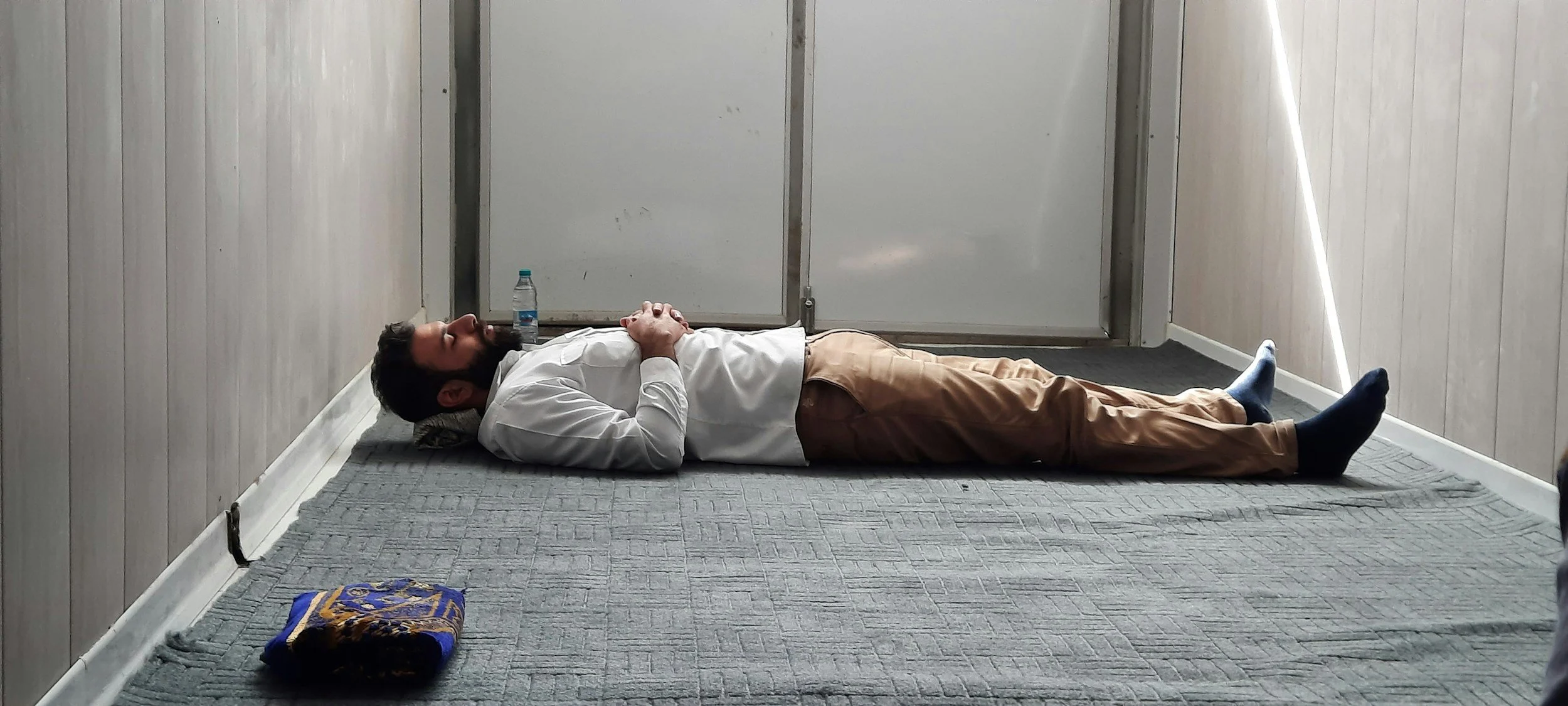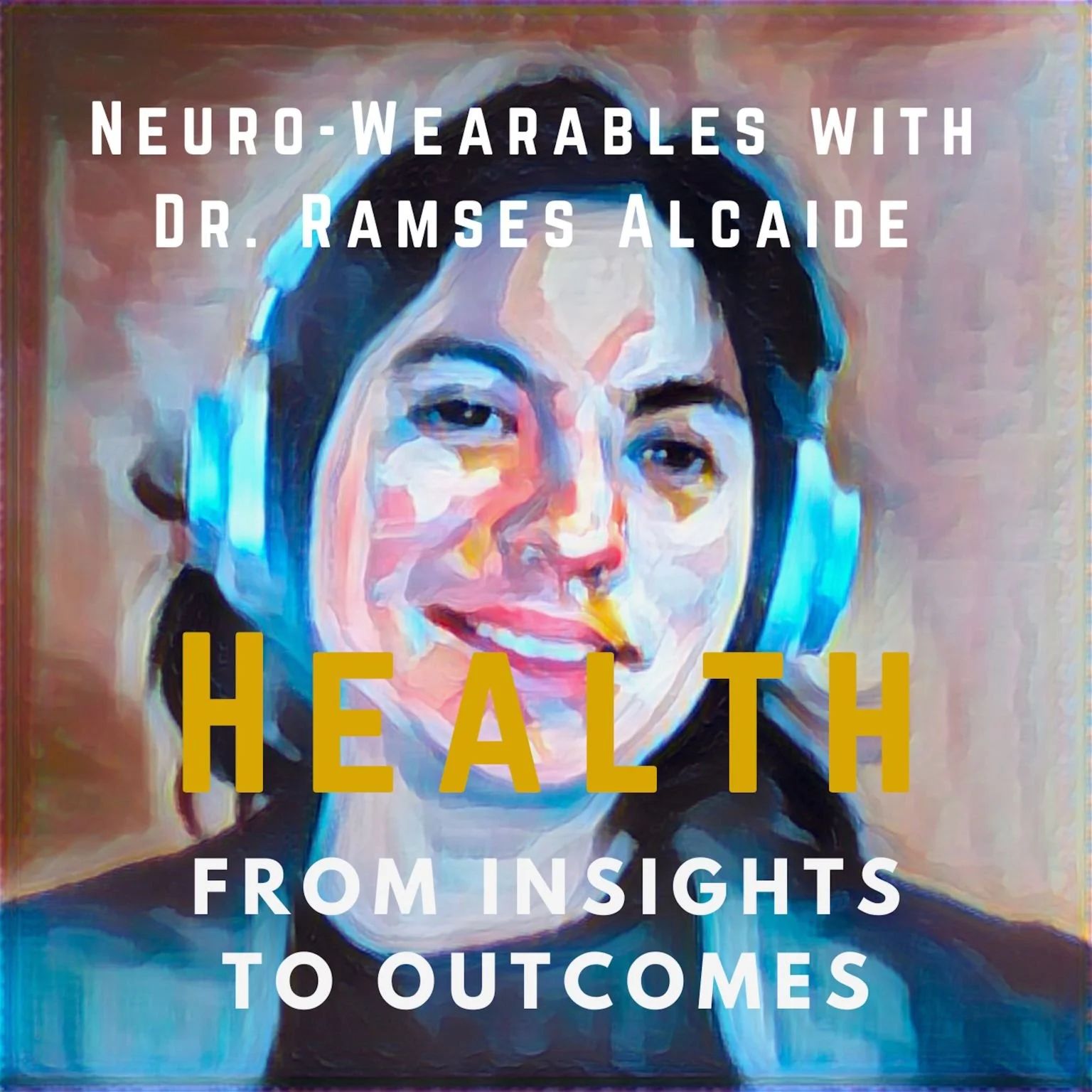Focus on Physicians:
Insights, Ideas, and Strategies
Managing Uncertainty as a Physician
Uncertainty is woven into the life of every physician. Patients don’t always get better, there is not always one best choice or right answer, and sometimes your decisions are affected by factors that are completely out of your control.
For most physicians, managing uncertainty doesn’t come naturally. Perfectionism may be an ever-present companion. In many ways it can be a strength. But when you set unrealistic standards, perfectionism can shift from being an asset to becoming a barrier, undermining both patient care and your own well-being.
An earlier version of this article appeared on this website in July, 2022
Uncertainty is woven into the life of every physician. Patients don’t always get better, there is not always one best choice or right answer, and sometimes your decisions are affected by factors that are completely out of your control.
For most physicians, managing uncertainty doesn’t come naturally. Perfectionism may be an ever-present companion. In many ways it can be a strength. The drive to excel benefits your patients and fuels your professional growth. But when you set unrealistic standards, perfectionism can shift from being an asset to becoming a barrier, undermining both patient care and your own well-being.
Layered on top of that is the responsibility you carry. Every decision can directly affect another person’s health, and that weight can make uncertainty feel almost unbearable.
And then there’s medical culture, which often rewards confidence and conviction, even when doubt is inevitable.
Add the natural physician desire for control—to fix problems, to restore order—and it’s no surprise that “not knowing” can feel like failure. Together, these forces make it difficult for physicians to acknowledge, much less embrace, uncertainty.
The Cost of Intolerance for Uncertainty
A recent study of over 2,000 faculty physicians found that intolerance of uncertainty was associated with a three-fold higher risk of burnout. Physicians who struggled with uncertainty were also less likely to feel satisfied in their careers and more likely to be disengaged at work.
As you might expect, those who struggled with uncertainty were much less likely to be satisfied with their career, and tended to be less engaged at work. Factors that correlated with a greater intolerance of uncertainty were
Female gender
Primary care
Earlier stage of practice
Lack of a trusted advisor.
Yet intolerance of uncertainty was not limited to these groups. The study found that many male physicians, specialists, and senior clinicians also struggle with its impact.
Burnout and physician unhappiness are crucial pain points in our current healthcare environment. Not surprisingly, stress from uncertainty correlates with depression and low levels of resilience. Intolerance of uncertainty has been linked to poorer outcomes and even to increased healthcare costs. And burned out physicians are more likely to leave the practice of medicine.
Naming the Challenge
Medicine rewards precision and stoicism. From training onward, physicians are expected to project confidence—even when the answers aren’t clear.
That’s why it’s especially powerful when senior colleagues and mentors acknowledge that uncertainty is part of the work. Simply hearing “I don’t always know either” can normalize the experience and help younger physicians feel less isolated.
Building Skills to Navigate the Unknown
Although becoming comfortable with uncertainty may always be a challenge, managing your response to uncertainty can open up opportunities to react to life’s curve balls in ways that are both positive and beneficial to all involved.
In their thorough analysis of the issue, Samuel Reis-Dennis and colleagues describe “three corrective virtues” that might help physicians navigate the challenges that uncertainty creates. These include:
Courage: avoiding the tendency to run away from threats by developing strategies to cope with new challenges
Diligence: seeking guidance from trusted colleagues and staying current on the medical literature
Curiosity: addressing uncertainty by viewing it as an opportunity to learn and grow
These virtues remind us that uncertainty isn’t a personal failing but a natural element of the constantly shifting world of medical practice.
Finding Support
Recognizing the impact of uncertainty is one thing—navigating it is another. Medical schools are beginning to teach these skills, but once in practice, many physicians find they still need additional support.
Working with a coach or trusted advisor can provide space to process uncertainty, identify strengths, and discover practical strategies tailored to your unique needs. Building these skills doesn’t just benefit you—it also enhances your care for patients, strengthens your resilience, and can help to restore meaning in your professional life.
If you’ve enjoyed this article and would like to stay in the loop for more insights on creating a sustainable, fulfilling, and happy life as a physician, sign up for my newsletter or reach out on my website. I’d love to hear from you.
And if you’d like to schedule a complimentary introductory meeting with me, click the link below.
References
Allison, J. J., Kiefe, C. I., Cook, E. F., Gerrity, M. S., Orav, E. J., & Centor, R. (1998). The association of physician attitudes about uncertainty and risk taking with resource use in a Medicare HMO. Medical decision making : an international journal of the Society for Medical Decision Making
Begin, A. S., Hidrue, M., Lehrhoff, S., Del Carmen, M. G., Armstrong, K., & Wasfy, J. H. (2022). Factors associated with physician tolerance of uncertainty: an observational study. Journal of general internal medicine
Berg, S. (2020). Feeling burned out? Try picking up the phone to call your coach. American Medical Association
Cook, J. (2022). Forget resilience, improve your uncertainty tolerance. Forbes
Iannello, P., Mottini, A., Tirelli, S., Riva, S., & Antonietti, A. (2017). Ambiguity and uncertainty tolerance, need for cognition, and their association with stress. A study among Italian practicing physicians. Medical education online
Reis-Dennis, S., Gerrity, M. S., & Geller, G. (2021). Tolerance for uncertainty and professional development: a normative analysis. Journal of general internal medicine
Simpkin, A. L., Khan, A., West, D. C., Garcia, B. M., Sectish, T. C., Spector, N. D., & Landrigan, C. P. (2018). Stress from uncertainty and resilience among depressed and burned out residents: a cross-sectional study. Academic pediatrics
Sinsky, C. A., Brown, R.L., Stillman, M. J., & Linzer, M. (2021) COVID-related stress and work intentions is a sample of US health care workers. Mayo Clinic proceedings
HALT: A Self-Coaching Stress Management Tool for Physicians
As a physician coach specializing in burnout and professional transitions, I've seen firsthand how the current state of healthcare can push even the most resilient doctors to their limits. To get you back on track, the simple acronym "HALT" – Hungry, Angry, Lonely, Tired – can be an important tool for self-awareness and self-care.
An earlier version of this article appeared on this website in January, 2024
As a retired cardiologist and a physician coach, I've seen firsthand how the current state of healthcare can push even the most resilient doctors to their limits. On some days, it might feel like one more disrespectful message, incomplete handoff, or chaotic clinic day could push you over the edge.
In these tough moments, HALT can help. It’s a quick and powerful prompt that helps you to check in with yourself, pause, recalibrate, and respond with intention.
HALT stands for Hungry, Angry, Lonely, Tired. Originally developed by psychiatrist and addiction specialist Dr. David Streem, HALT was designed to help people recognize the triggers that might lead to a relapse. But for physicians, the acronym serves as an intuitive tool that can remind you to mindfully take a pause and acknowledge what you need, instead of lashing out with a reaction that you might later regret.
Why HALT Matters for Physicians
Burnout is recognized as a natural human response to a dysfunctional workplace. Key features include emotional exhaustion, depersonalization, and a sense of reduced personal accomplishment. Most physicians experience one or more of these aspects of the syndrome. Burnout is not your fault. Nor is it a mental health diagnosis. But when left unchecked, burnout can fuel emotional outbursts and reactive behavior that may jeopardize your professional standing, strain your personal relationships, and leave you feeling even more overwhelmed.
Whether or not you’re experiencing full-blown burnout, it’s likely that you encounter frustration on the regular. How you navigate these challenges can have ripple effects. When you’re running on empty—emotionally or physically—you're more likely to lash out, shut down, or say something you’ll regret when you’re triggered. These reactions don’t just affect patient care and team dynamics; they can also have serious consequences for your career.
That’s where HALT comes in. Ask yourself if you feel:
❓Hungry
❓Angry
❓Lonely
❓Tired
If the answer to any of the above is yes, take a breath, slow your roll, and give yourself a moment of self-compassion and grace.
Here's how HALT works:
Hungry
If you’re like many physicians, hunger may be your default mode. Although it shouldn’t be the norm, it’s painfully common for physicians to skip meals or eat irregularly due to hectic and overbooked schedules.
Junk food from the snack machine or physician’s lounge might fill you up, but it can often make you feel even worse. One easy strategy to counter the “hangries” is to take a few minutes each evening to pack something nourishing for the next day. Nuts, a piece of fruit, or a protein bar can go a long way.
But hunger isn't just about food. It's often about other unmet needs, whether emotional, physical, or intellectual.
Take action on all kinds of hunger by building in a 10–15-minute break to reset your mind and body once or twice daily whenever possible. When you fill up the tank, stabilize your blood sugar and slow down your sympathetic nervous system, you’ll likely find it easier to maintain a steady mood and energy level.
In the long run, the few minutes you carve out to care for yourself will pay off in more respectful relationships, improved productivity, and better health.
Angry
Anger is a natural emotion, but how you handle it in the workplace is crucial. Unchecked anger can lead to conflicts with colleagues, write-ups from staff, and unpleasant meetings with administrators. When it carries over to the bedside or operating room, it may impact the doctor-patient relationship, undermine teamwork, and even affect patient care.
Often the first warning sign of anger is your physical reaction. Become aware of this emotion, and notice how it feels in your body. When you find yourself getting angry, take a moment to pause and step back. Give yourself time to process and reflect, so that you can move forward with intention instead of reaction.
Deep breathing, a short walk, or even bluntly but respectfully discussing your feelings with a trusted colleague can open up a fresh perspective and prevent words and actions that you’ll regret later.
Lonely
Even if you’re surrounded by people all day, the medical profession can be isolating. The weight of responsibility, the fear of making mistakes, a constant pressure to perform, and the need for confidentiality can all leave physicians feeling emotionally disconnected.
When you’re feeling lonely, your stress response may be more intense—reactivity, irritability, or emotional withdrawal can all be signs that you’re running low on connection.
Acknowledging loneliness is the first step toward countering it. Even brief yet meaningful interactions with friends, family, or trusted colleagues can help restore a sense of belonging. Get outside of the boundaries of the clinic or hospital, even if it feels a little uncomfortable at first. Finding a hobby or activity that gets you out of the “doctor” mindset can offer much-needed connection and perspective.
Tired
When you’re tired, everything just feels harder. It’s no surprise that fatigue is a common issue among physicians. Long hours, high stress, and fractured sleep while on call mean that more than 40 percent of doctors surveyed report that their work schedule simply doesn’t allow for adequate sleep.
Chronic tiredness can impair your judgment and your empathy. Although it can be hard to feel compassion for your staff and others though the fog of fatigue, noticing what’s driving your irritation can soften your reaction to stress.
While you may not always be able to control your schedule, small changes can still make a meaningful difference. Prioritize consistent sleep when possible, even if it means saying no to non-essential obligations. When you’re sleep deprived, use short breaks during the day, even if it’s just five to ten minutes, to stretch, breathe deeply, or take a quick walk. Even modest improvements in rest and recovery can help restore your clarity and replenish your emotional reserves.
How to Use HALT in Your Daily Practice
✅ Check In: Before reacting, take a breath and run through your HALT checklist. This simple pause can reset your frame of reference.
✅ Be Proactive: Make time for healthy meals, use brief but effective stress-relief practices like mindfulness, get regular exercise, cultivate a life outside of work, and do your best to get restful sleep.
✅ Seek Support: If you're struggling with anger, loneliness, or fatigue, professional support can be a lifeline. Therapy, coaching, or peer support groups may offer the perspective and tools you need, depending on your circumstances.
✅ Communicate with Colleagues: Foster an environment where it's safe to respectfully express what you’re feeling. This kind of openness can build stronger, more supportive team dynamics.
Simply recognizing your internal state is often enough to shift your response. It’s also a powerful reminder that caring for yourself is neither selfish nor optional.
When you meet your needs with intention and care, you’ll create the capacity to show up more fully for your patients, your team, and yourself.
If you’ve enjoyed this article and would like to stay in the loop for more insights on creating a sustainable, fulfilling, and happy life as a physician, sign up for my newsletter or reach out on my website. I’d love to hear from you.
And if you’d like to schedule a complimentary introductory meeting with me, click the link below.

































